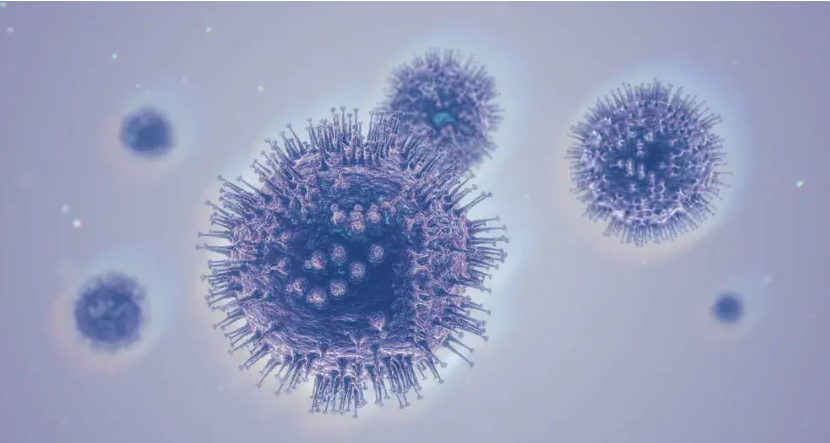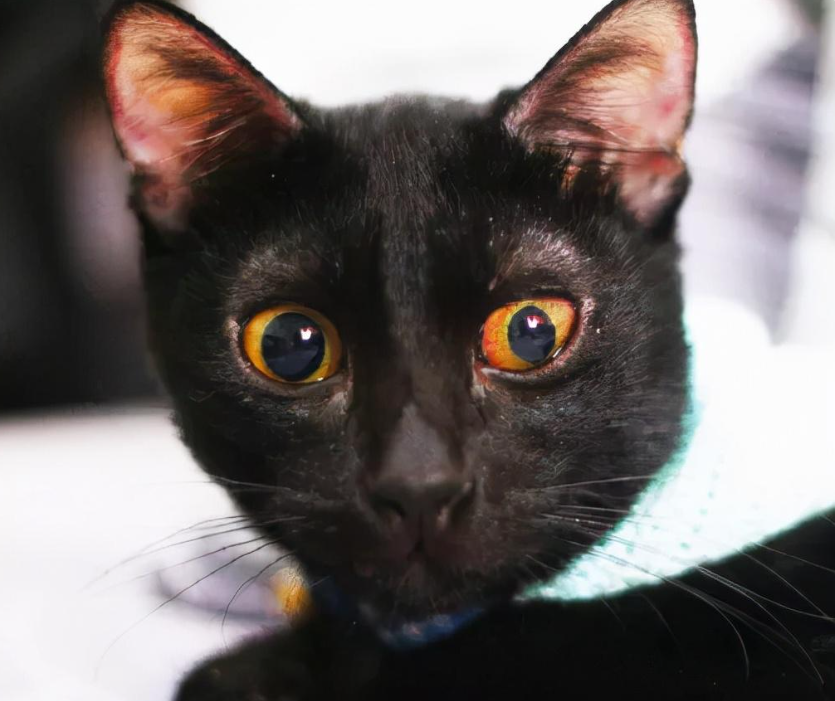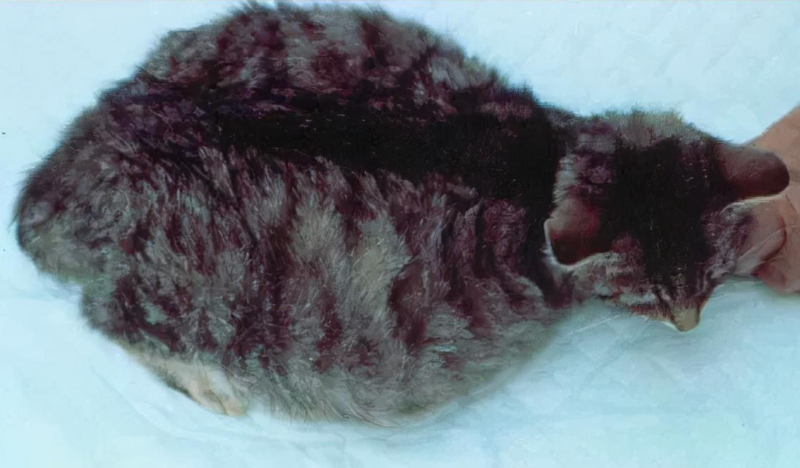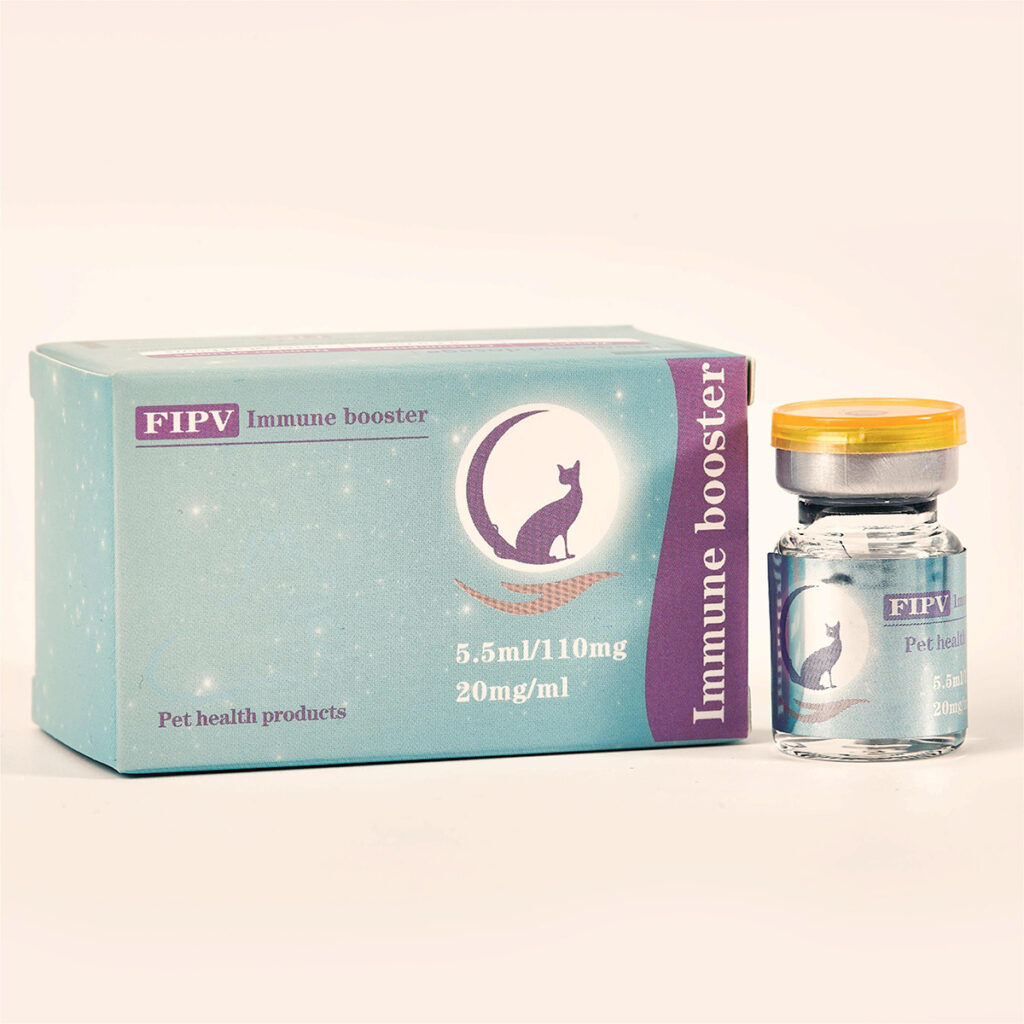Feline infectious peritonitis is a highly fatal disease caused by feline coronavirus infection. FCoV is a common virus that causes only mild respiratory or gastrointestinal symptoms in most cats, but in some cases, the virus can mutate and cause feline infectious peritonitis. Under normal circumstances, this disease is highly contagious in cats. Due to the low cure rate, feline abdominally transmitted diseases are called feline “AIDS”.

The symptoms of feline infectious peritonitis can vary depending on the affected cat and the duration of the disease. The disease has two main forms: chronic and acute
Chronic feline infectious peritonitis disease
- Chronic fever: Cats with the chronic form of FIP may experience prolonged fever, which may be one of the most common symptoms.
- Decreased appetite: Cats may show a decreased interest in food, resulting in weight loss.
- Chronic Diarrhea: Diarrhea is another possible symptom, and your cat’s stool may become loose.
- Respiratory problems: Chronic FIP may also cause respiratory problems, such as shortness of breath or shortness of breath.
- Conjunctivitis and eye lesions: Eye symptoms may include conjunctivitis, blurry eyes, or signs of bulging.

Acute feline infectious peritonitis illness
- Acute fever: Cats with acute feline infectious peritonitis may suddenly develop a high fever.
- Ascites: The most typical symptom of acute FIP is the accumulation of fluid in the abdominal cavity, causing the abdomen to bloat. This is because a virus causes peritonitis symptoms.
- Loss of appetite: Loss of appetite and weight loss are one of the common manifestations.
- Jaundice: Due to damage to liver function, cats with acute FIP may have symptoms of jaundice, namely yellow mouth, eyeballs, etc.
- Neurological symptoms: Some cats may exhibit neurological problems such as convulsions, disorders, etc.

Some common diagnostic tests that can be done at the hospital if you suspect your cat has FIP:
- Blood Tests:Complete Blood Count (CBC): This test provides information about the overall health of the cat’s blood, including the number of white blood cells. Cats with FIP may show changes in their white blood cell counts.
- Serum Biochemistry: This test assesses various organ functions and can help identify abnormalities that might be associated with FIP.
- FIP Antibody Testing: Serological tests can detect antibodies specific to the FIP virus. However, it’s important to note that these tests may not distinguish between the harmless Feline Coronavirus (FCoV) and the mutated form that causes FIP (FIPV).
- Fluid Analysis:Abdominal or Chest Fluid Analysis: In cases of effusive FIP (the form with fluid accumulation), analyzing the fluid in the abdomen or chest can provide valuable diagnostic information. The fluid may appear yellowish and have a high protein content.
- PCR Testing: Polymerase Chain Reaction (PCR) tests on the fluid can help detect the presence of the FIP virus. This test can differentiate between FCoV and FIPV.
- Imaging:
- X-rays or Ultrasound: These imaging techniques may be used to examine the cat’s internal organs and detect abnormalities such as fluid accumulation or changes in organ structure.
- Tissue Biopsy:Biopsy of Affected Organs: In some cases, a biopsy of affected tissues (such as the liver, kidney, or lymph nodes) may be necessary to confirm the presence of FIP. This involves taking a small sample of tissue for microscopic examination.
It’s important to note that diagnosing feline infectious peritonitis can be complex, and no single test is definitive. Clinical signs, laboratory test results, and sometimes other tests are needed for an accurate diagnosis. If you suspect your cat has FIP, please consult your veterinarian. They can recommend appropriate diagnostic tests based on your cat’s symptoms and medical history. You can also use FIP Cat Medicine-GS 441524 under the guidance of your veterinarian to help relieve symptoms in cats that are already infected. Improve treatment success rate.
